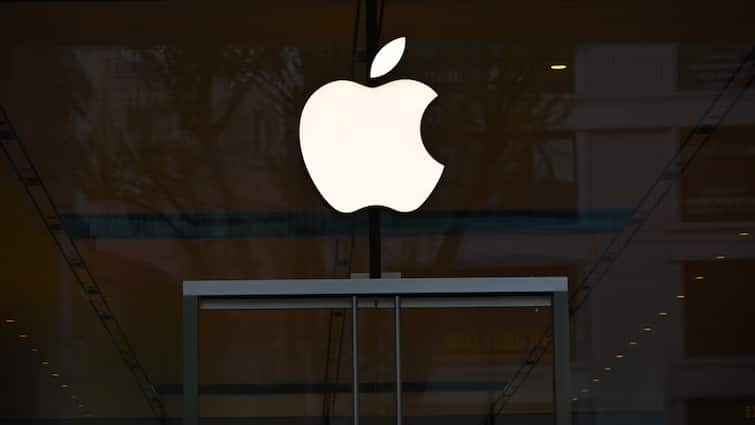Apple has gone to the Delhi High Court against the Competition Commission of India (CCI). The company is unhappy with the way India’s antitrust body calculates penalties. Under the new antitrust rule, fines can be based on Apple’s global turnover. If this happens, Apple could face penalties of up to $38 billion.
Apple has said the method is “unconstitutional, grossly disproportionate, unjust.” Since Apple has become one of the fastest-growing smartphone brands in India, the outcome of this legal battle matters a lot for its future in the country.
Apple Antitrust Case Revolves Around In-App Purchase Fees
The Apple antitrust case in India began when a group of Indian startups and Tinder-owner Match Group complained to the CCI.
They said Apple forces app developers to use its in-app purchase system and charges high commissions. According to them, this is an “abusive conduct” that limits fair competition. Apple completely denied these allegations.
The final ruling from the CCI has not been released yet. But in an earlier order from December 2021, the CCI stated that the mandatory use of Apple’s IAP system for paid apps and in-app purchases restricts developers from picking their own payment method.
Apple has now taken the matter to the Delhi High Court to challenge the penalty structure before the final decision is announced. Apple has not commented to CNBC on the issue so far.
Apple Facing Lawsuit Amid Its Indian Growth
The Apple antitrust case in India has come at a time when the company is growing faster than ever in the country. In the third quarter of 2025, Apple recorded its highest-ever shipment in India, 5 million iPhones.
IDC estimates that Apple may sell around 15 million iPhones this year in India and could soon be among the top five smartphone brands in the country.
Apple is also shifting manufacturing to India. In 2024, Apple exported $12.8 billion worth of devices from India, showing more than 42% annual growth.
This proves India has become a key market for Apple, not only for sales but also as a global manufacturing hub.



